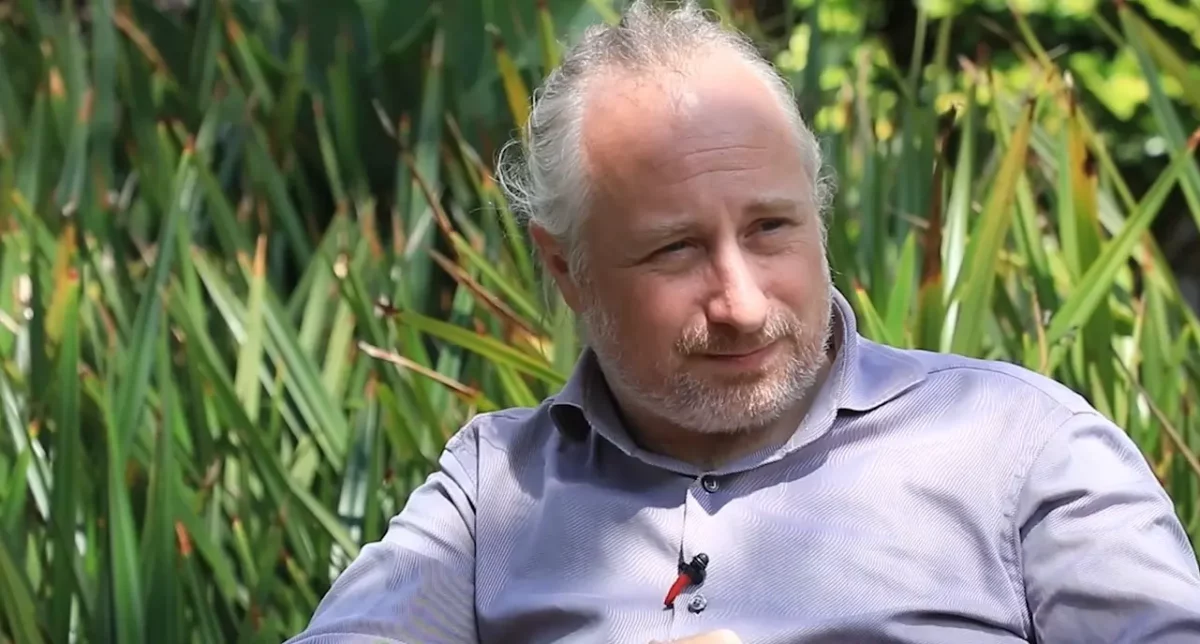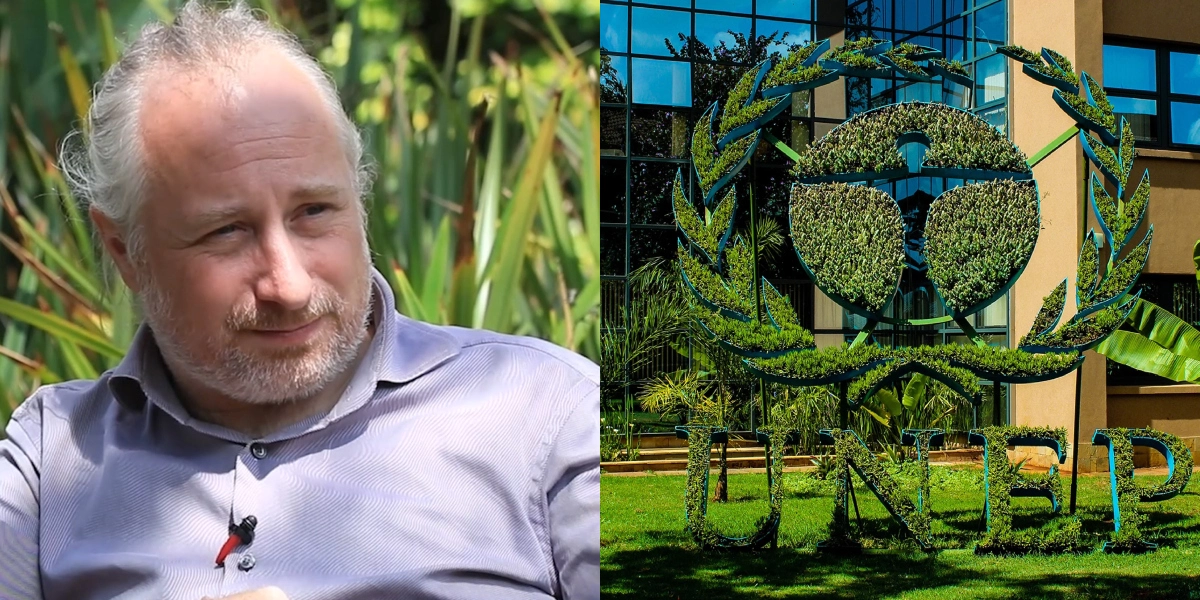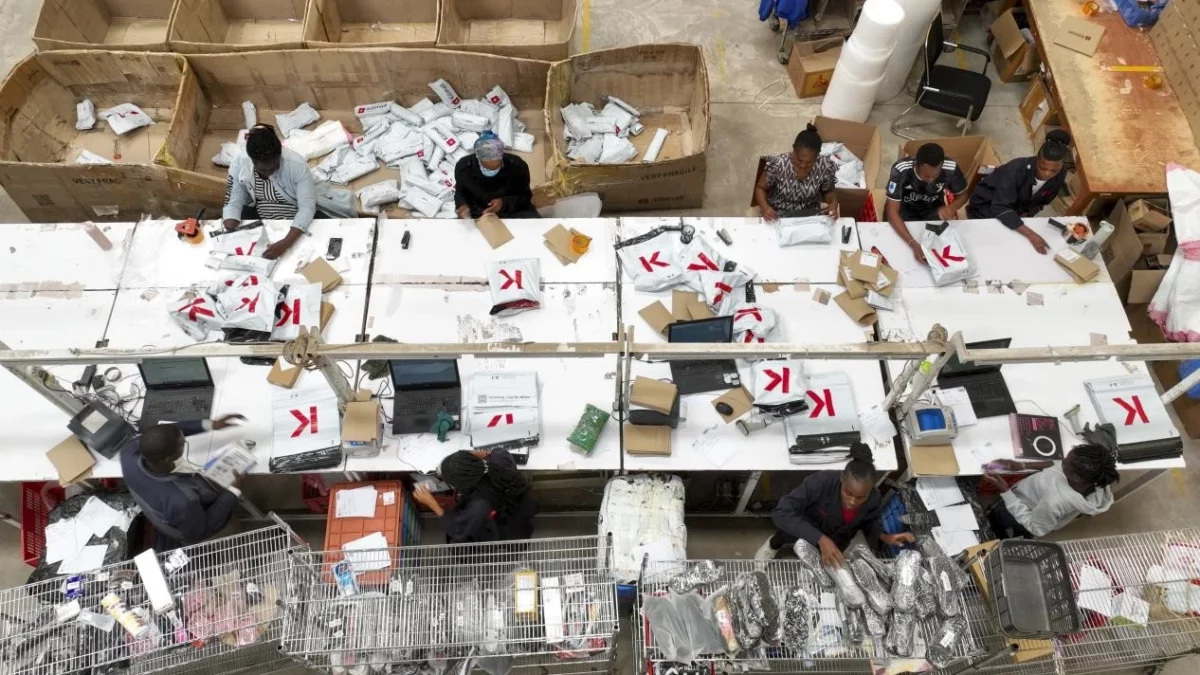Kenya has been codified as one of the African countries pursuing clean mobility in order to reduce carbon emissions and mitigate climate change.
In a roadmap to decarbonization, the United Nations Environment Programme (UNEP) has helped about 20 African countries including Kenya to transit to clean mobility as one of the sustainable goals towards vision 2030.
In an interview with Switch Media, the UNEP Sustainable Mobility Unit manager, Alexander Koerner, said that 20 African countries have favourably impacted the clean mobility initiative through electricity production for automobiles.
Subscribe to YouTube Channel at Switch TV.
Apart from these 20 countries, 30 western countries have jointly sunk into the clean flexibility scheme.
“Our global programme is active in 50 countries of which maybe 20 countries are from the African continent”
“We are in Kenya, Rwanda, in West Africa with Côte d’Ivoire, Senegal, Sierra Leone Togo. We are placing the projects in a lot of countries to promote clean mobility, to promote electrical mobility,” he stated.
Alexander claims that in order to increase awareness of the need for electric vehicles as a source of clean mobility on the African continent, stakeholders in public transport sector need to be involved and engaged.
As the clean mobility accelerator in supporting and leveraging the mobility initiative, the UNEP has invested in developing policies that have allowed them to collaborate with other organizations too.
“Awareness raising is very important because many stakeholders in the transport sector are not really aware of electric mobility but now we are heading there.”
“We bake on the development policy frameworks to make sure that electric vehicles can actually be used, imported to make sure that the power sector is ready and touching the electrical vehicles.”
“We’re baking with a lot of partners, private capitals and development banks to get more finance into clean mobility to African countries.”

What kind of partnerships and programs does the UNEP have in place in helping countries transition to clean mobility?
Governments play a significant role in the execution of initiatives, hence UNEP partners with them.
A noteworthy example is Kenya, where UNEP collaborates with the ministry of transportation, KPLC, The Energy and Petroleum Regulatory Authority (EPRA), and Kenya Bearuea of Standards (KEBS) to guarantee the safety of all imported electric vehicles.
Considering the private sector to be the largest importer of electric vehicles, the UNEP organization has been at the forefront of injecting money into private entities.
As the promoter of the electrical motors initiative, the United Nations Environment Programme (UNEP) has interacted with numerous countries’ projects like Karura Forest, KPLC, Kisii, and Kisumu with the goal of bringing experience in the environmental sphere.
How is the transition of electric motors in Kenya?
Energy consumption in the country is thought to be dominated by the transportation industry.
According to statistics, Kenya has excellent power generation capacities that reduce greenhouse gas emissions and costs.
By reducing gasoline usage and incorporating local electricity use, eliminating the need for transportation will minimize the number of carbon emissions, which will lower the cost of mitigating climate change.
UNEP safety measures for the manufacturing organizations of electric vehicles
As the top environmental authority on the planet, UNEP is collaboratively working with other partners to develop regulations that aid in the moderation of the production of electric machines.
UNEP, working with the Kenya Bureau of Standards (KBS) and other organizations has the responsibility to continue monitoring the use and manufacturing of electric vehicles in different countries and adjusting to the safety laws already in place to apply in the country.
Read also: UNEP’s ambition towards Climate-Resilient businesses.




























